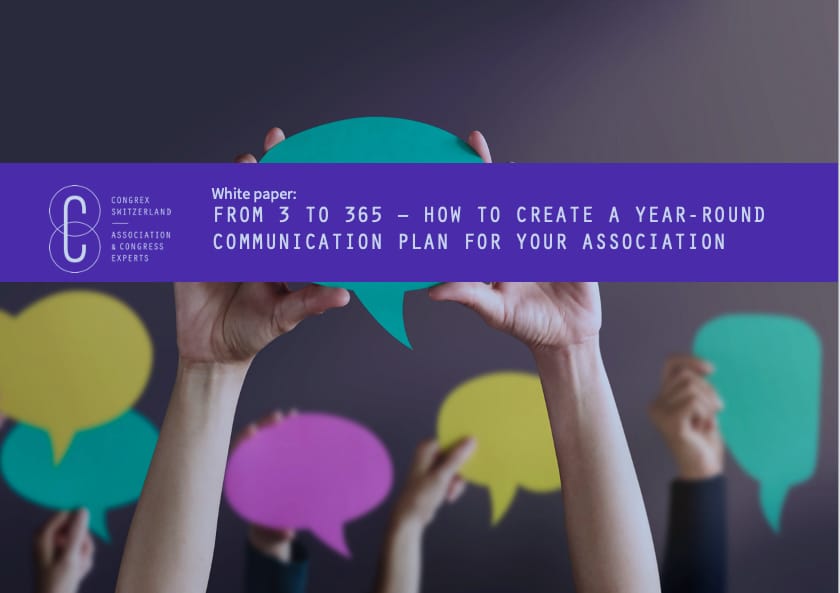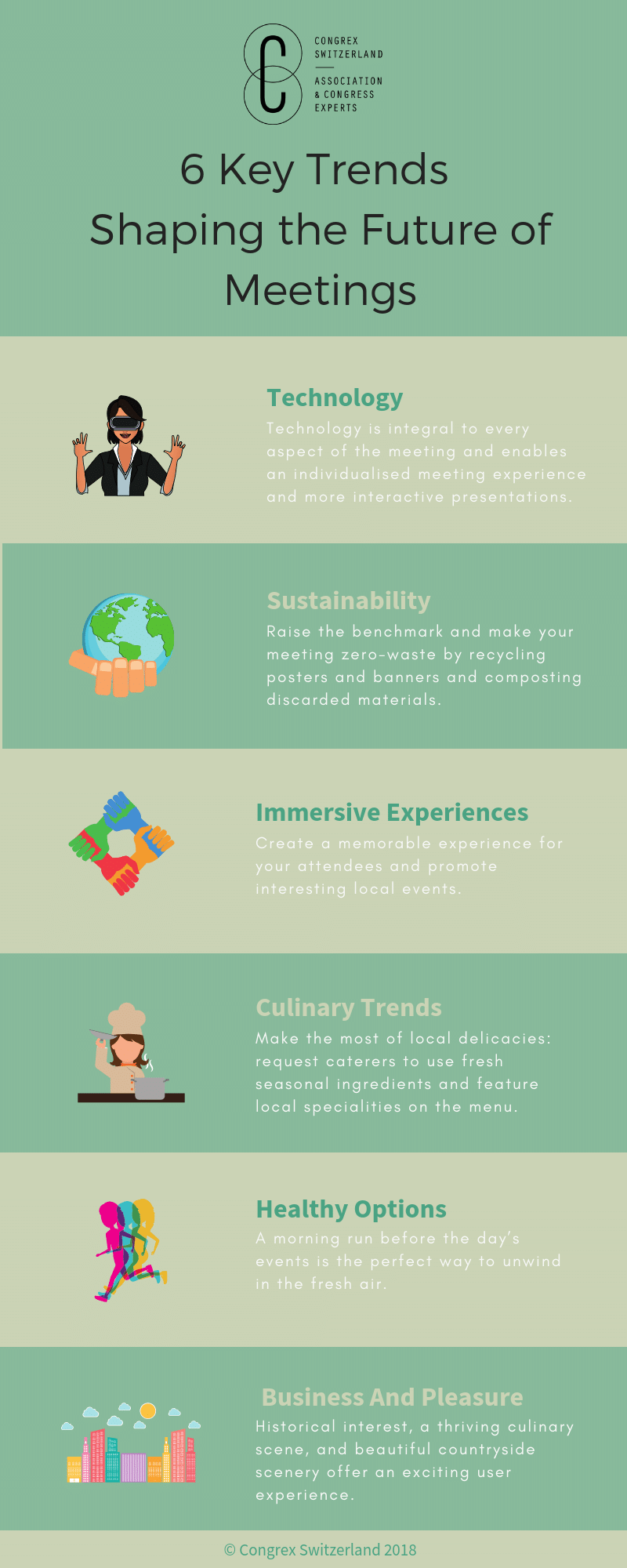Inclusivity is vital in any organisation, particularly in medical associations where professionals of all experience levels, genders, and ethnic backgrounds should be able to access the latest industry data and share knowledge to drive developments in medicine and healthcare for the benefit of humanity.
What is unconscious bias?

While many of us believe we are not biased in our daily lives, we likely make decisions based on unconscious biases – stemming from beliefs, upbringing, and social cues. Studies show that we process 11 million pieces of information per second subconsciously compared to only processing 40 consciously, meaning that we do not always realise that we are assuming things about a person or group of people.
There are many types of unconscious bias. Some of the most common types likely to be experienced in associations are:
- Affinity bias is when we prefer and prioritise those who share similarities with ourselves
- Confirmatory bias is when we search for information that supports our existing beliefs and dismiss or downplay information that contradicts them.
- Perception bias is when we allow stereotypes and cultural prejudice to influence our judgement of others
Scientific professionals are often considered more objective than others. However, a Yale University study showed that male and female scientists were more likely to hire men and considered them more competent than women.
The influence of unconscious bias on inclusivity in associations
Member Acquisition
Membership acquisition is frequently affected by unconscious bias from within the association. Association leaders often fall prey to affinity bias and focus on marketing to individuals similar to themselves over those with considerably different traits.
Fewer ‘challengers’
One of the benefits of a diverse range of association members is the difference in thought processes that enable them to challenge each other’s theories and bring new ideas to the forefront. As the membership pool becomes more similar to one another, there are fewer ‘challengers’ to provide alternative viewpoints.
Barriers to joining and participating
Another common effect of affinity bias in associations is that the processes involved in joining or participating have been designed as though every member will share characteristics with the association leaders. For example, those with different characteristics and challenges than the association leadership teams may face barriers when joining or participating in terms of pricing, the time and location of meetings, or the equipment required to participate.
Organisational structure
Similarly, associations may face difficulties internally if the structure and working policies have been set up with the view that staff members have the exact requirements. While some employees enjoy remote work, others require a formal office environment to thrive.
Under-representation
Members and association employees may feel unwelcome if they feel as though they are under-represented within the organisation and at conferences. For example, if junior medical professionals only see senior professionals deliver seminars at your medical conferences, they may feel the association does not value their opinions.
Lack of mentorship
Members join associations mainly to progress their knowledge and network with those supporting their career progression. Inclusivity should be at the forefront of the minds of association leaders to ensure that staff and members can always find someone to provide guidance and mentorship within the organisation.
READ MORE: What do association members want?
How to avoid unconscious bias and improve inclusivity in associations

- Continuously review your target audience for membership acquisition – working with a membership management team can help you avoid unconscious biases from within the organisation
- Avoid outdated and biased processes by regularly reviewing them and finding ways to be more innovative in your association.
- Collaborate with other professional organisations to reach a diverse audience and learn from them
- Create an inclusive working environment within the association, which can then naturally deliver an inclusive experience for members
Unconscious bias can have a detrimental impact on inclusivity in an association. This can lead to slower medical developments and contribute to a significantly poorer member experience, leading to a decline in membership over time.
At Congrex, we are experts in medical associations, providing an array of association management services and professional conference organisation.
Get in touch to find out more.
—
Congrex Switzerland is an internationally operating agency delivering customised solutions. This encompasses the overall organisation of conferences and meetings, including the management of hotel rooms and strategic consultancy. Annually Congrex Switzerland organises approximately 45 events with over 73’000 delegates. Amongst our clients are international associations, governmental organisations, and corporations.








